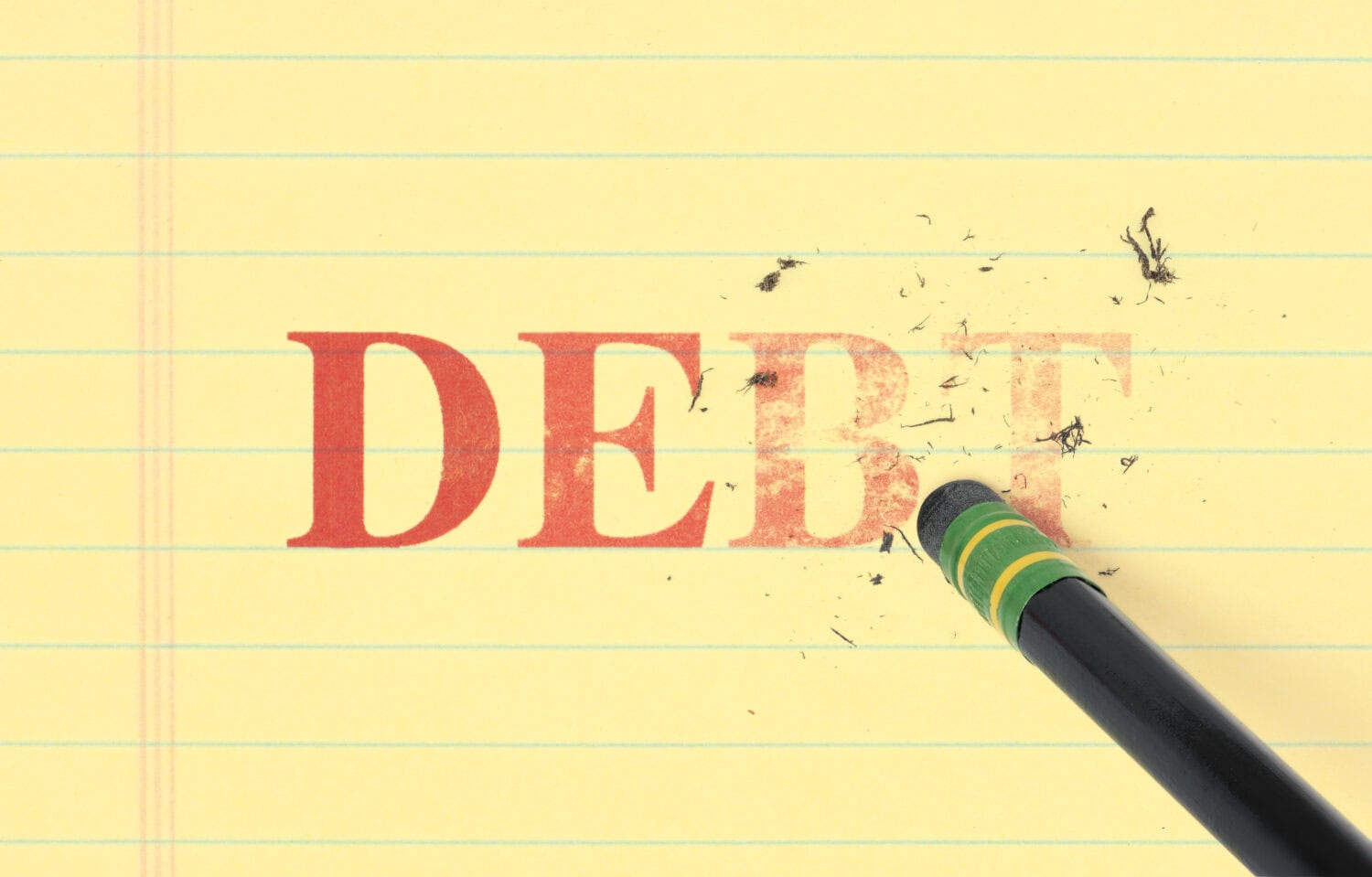I have to admit, I enjoy watching and listening to personal finance expert Dave Ramsey from time to time. His enthusiasm around personal finance really is contagious. And say what you want about him, the man has some opinions – strong ones at that – about what individuals should and shouldn’t do in certain situations.
Key Points
-
Dave Ramsey is well known as one of the preeminent minds on personal finance and investing for the average American.
-
Here are three of his most important pieces of advice for those looking to create long-term wealth.
-
Are you ahead, or behind on retirement? SmartAsset’s free tool can match you with a financial advisor in minutes to help you answer that today. Each advisor has been carefully vetted, and must act in your best interests. Don’t waste another minute; get started by clicking here.(Sponsor)
His claim to fame has been helping common folks dig themselves out of what some may believe are holes that are far too deep to get out of. In his own personal journey, he talks about how he navigated bankruptcy and some serious debt-related issues in his early adult life tied to taking on too much leverage with real estate.
Today, Mr. Ramsey lives a lifestyle that may certainly be perceived as luxurious to many readers, as he has zero debt at all. No credit cards, no lines of credit or mortgages – he just owns everything he has and pays in cash for any additional assets he acquires.
Now, that’s easier said than done for about 99% of Americans. So, let’s dive into three of his most pertinent pieces of advice for the masses that can help folks attain this level of wealth (merely getting close would be great for many).
Step 1: Get Out of Debt

Dave Ramsey won’t mix words when it comes to his views on debt. In his view, debt is the work of the devil, and American consumers, investors and individuals would be best off living a life out of debt rather than pulling forward the future to today and over-extending oneself.
As mentioned, Dave Ramsey himself got into trouble in the past with over-extending on real estate projects as a young man. Taking on too much debt not only sunk Ramsey’s finances, but it added stress and generated a situation where he found himself starting all over from scratch.
In a bid to help others in a similar predicament (and millions avoid such a predicament), he started writing books in addition to promoting his radio show and now podcast/YouTube channel. With millions of subscribers listening to Dave Ramsey’s advice on debt repayment, his hope with his life work does appear to be to push people toward debt freedom. In the absence of debt, building wealth becomes exponentially easier, with investors much more easily able to focus intently on growing one’s wealth with whatever’s left after paying one’s bills.
Using the “debt snowball” method, Ramsey encourages listeners to pay down one’s smallest balances first, making the minimum payments on everything else. Once the smallest debt is paid off, said person can allocate the capital that was going toward the first debt to the next-largest debt, and so on.
No matter how you choose to get out of debt, starting fresh certainly sounds like the right advice for many – especially those who are in the hole to begin with.
Invest Consistently

Once debt is repaid (outside of one’s mortgage debt, and perhaps other debts such as business debt), investing consistently is the next step in Ramsey’s order of operations he encourages investors to follow.
In Dave Ramsey’s view, saving 15% of one’s gross income and putting that into a Roth 401(k) account should be the next logical step. Of course, individuals should ensure they’re taking advantage of their match opportunities with their employers. And sometimes those are outside of Roth accounts. But overall, Ramsey likes the idea that having the ability to pull out not only one’s contributions but how much they’ve grown in retirement tax free is a huge win for millions of Americans.
He’s not wrong there. And while some individuals will have a higher tax rate than others (complicating the math on whether going the traditional 401(k) route may make more sense), Ramsey tries to put forward one-size-fits-all advice for all his listeners. On this topic, he’s adamant Roth accounts are vastly better.
I would say that there’s certainly a higher-earning slice of the population (anyone with a tax rate above the 24% bracket) that may benefit from going the traditional route. Essentially getting a 24% return on one’s money today (and theoretically investing that, or using that to pay down other debts such as one’s mortgage) may have greater longer-term value than being able to pull that money out in retirement tax free. That is, for those who expect their tax rate to be substantially lower in retirement as they draw down funds slowly.
Diversification Matters

For investors who are started on their investing journey after having paid down debt, and are indeed putting the 15%+ away in retirement accounts, the question is where to put one’s capital to work.
Dave Ramsey has been a staunch supporter of high-growth mutual funds as the place he chooses to invest. Those high-growth funds have certainly outperformed in recent decades, and it could indeed be the case that this growth continues for some time.
After all, revolutionary technological advancements are taking place much faster and more frequently than in the past. Many have suggested we’re living in a new era, where AI will change the game (and economics as a whole), though we’re still on the precipice of seeing what these changes will ultimately be.
That said, I’m of the view that paying attention to expense ratios with such funds is an important consideration to be made. And in a world of ultra-low-cost highly-diversified exchange traded funds (ETFs), many of which may have outperformed some of Ramsey’s touted high-growth mutual funds, this is something investors need to at least consider. There are thousands of such options out there, and instead of beating the market, I’ve always thought “settling” for the 10%+ annualized average growth rate over time is good enough for me.
The post Personal Finance Expert Dave Ramsey Is Absolutely Right About These 3 Wealth-Building Facts appeared first on 24/7 Wall St..
Click this link for the original source of this article.
Author: Chris MacDonald
This content is courtesy of, and owned and copyrighted by, https://247wallst.com and its author. This content is made available by use of the public RSS feed offered by the host site and is used for educational purposes only. If you are the author or represent the host site and would like this content removed now and in the future, please contact USSANews.com using the email address in the Contact page found in the website menu.








